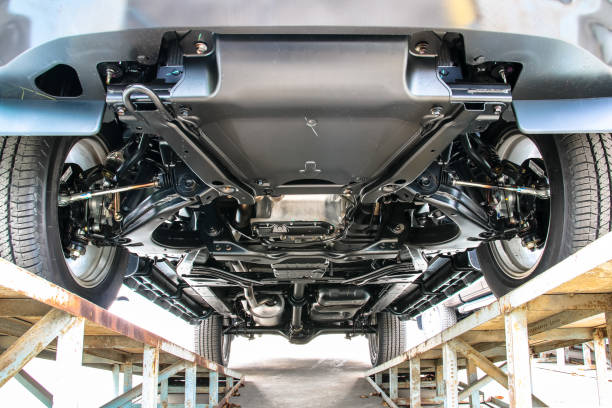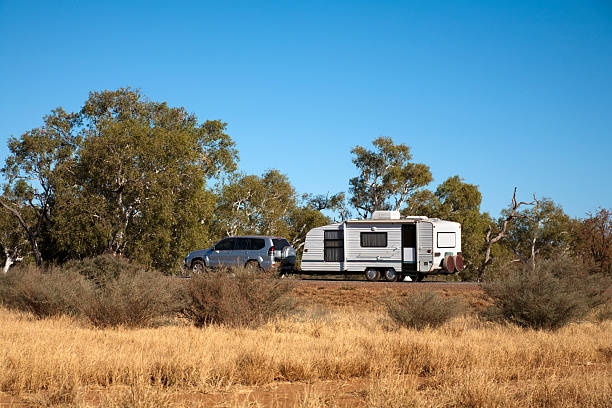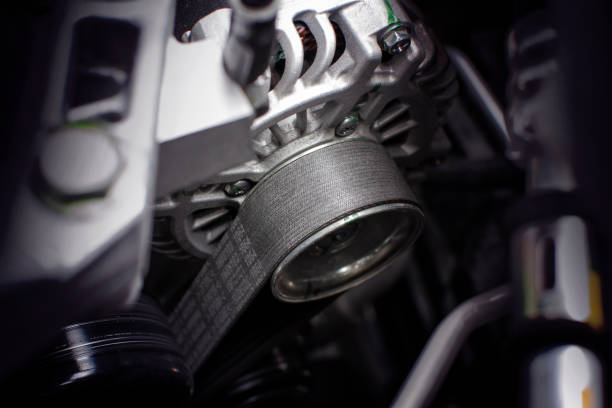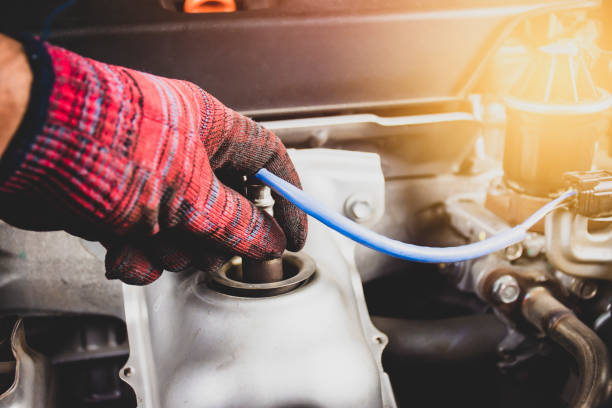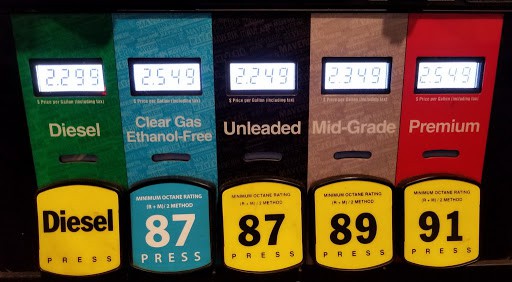
Photo by: http://www.cleanmpg.com/
Gasoline has a lot of uses in our homes and places of work. We use it to power many things, and sometimes, we might want to have plenty of it. Sometimes we buy more than we can use and have to store the leftovers.
The question remains, how long does gasoline last in storage? Will it go bad?
There is no rule to determine how long your gasoline will last. It may take months or even years, depending on environmental influence. The factors include heat, humidity, and oxygen.
Types of Gasoline and How Long They Will Last
There are consequences of using bad gasoline. You are right to worry if you plan to buy lots of gasoline and want to store some for emergencies.
Old gas is not bad gas, and the lifespan of the gasoline depends on its purity or the fuel stabilizers you will use.
-
Pure Gasoline
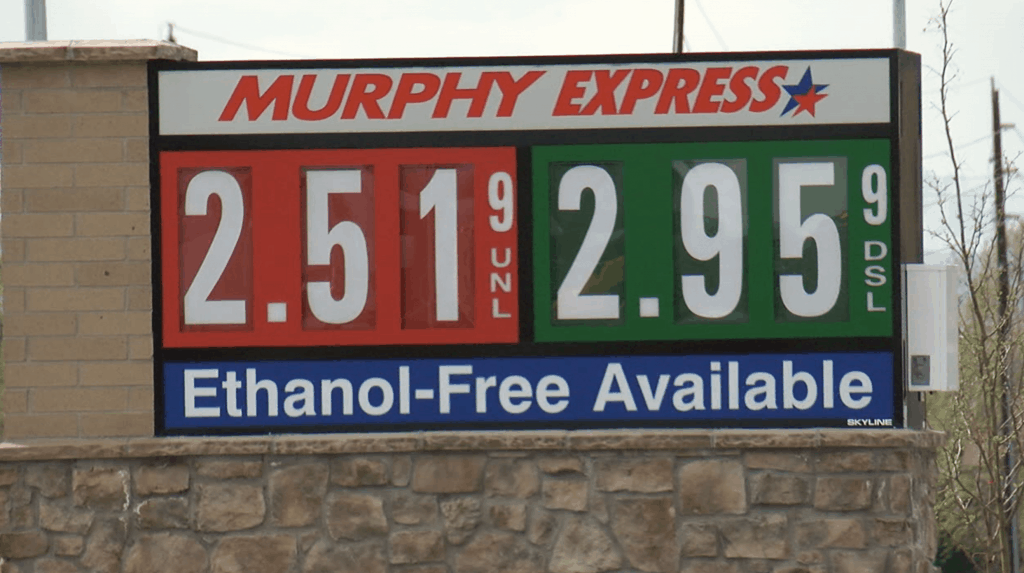
Photo by: https://www.thedenverchannel.com/
Pure gasoline should be safe to use up to six months from the date of storage. Over time, the gasoline will succumb to oxidation even when you store it in a tight-seal container.
The process of oxidation in pure gasoline is slow. It is because gasoline in this state is hydrophobic and will not absorb humidity or water.
If you buy pure gasoline you will avoid fuel separation and moisture contamination.
-
Ethanol-blend Gasoline
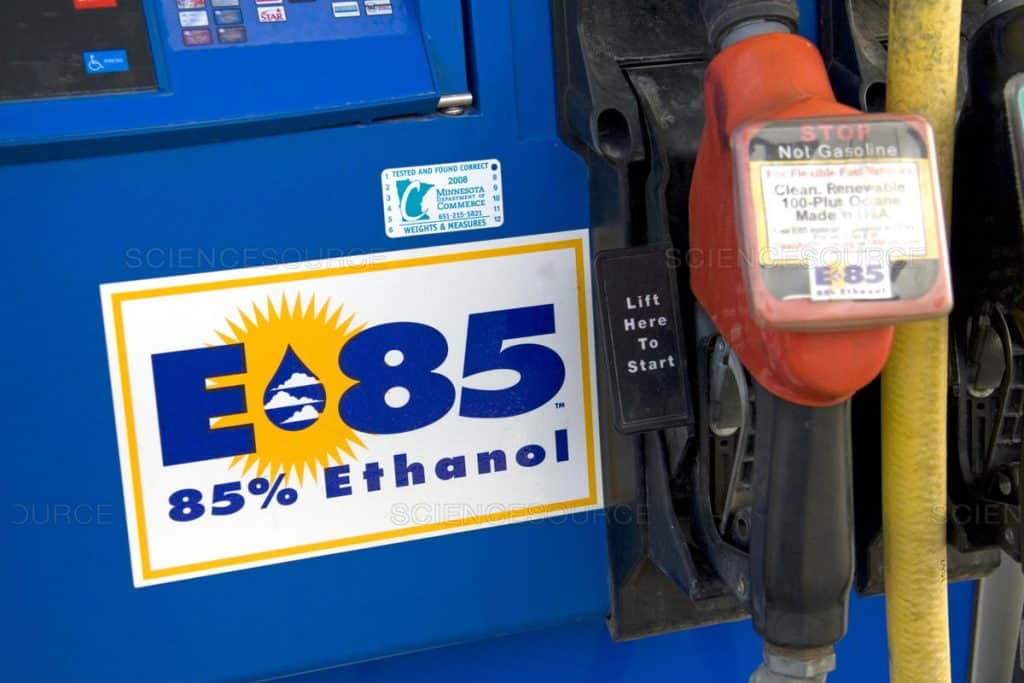
Photo by: https://www.sciencesource.com/
Gasoline in this state will last for only three months from the date of storage. It is because ethanol is hydrophilic and will readily mix with water. The ethanol will absorb any water from the container resulting in condensation.
Contamination of your fuel comes as a result of condensation. It will lead to fuel separation of ethanol layers and distinct gas. Thus, your gasoline shelf life shortens if the percentage of ethanol is higher.
-
Fuel Stabilization of Gasoline
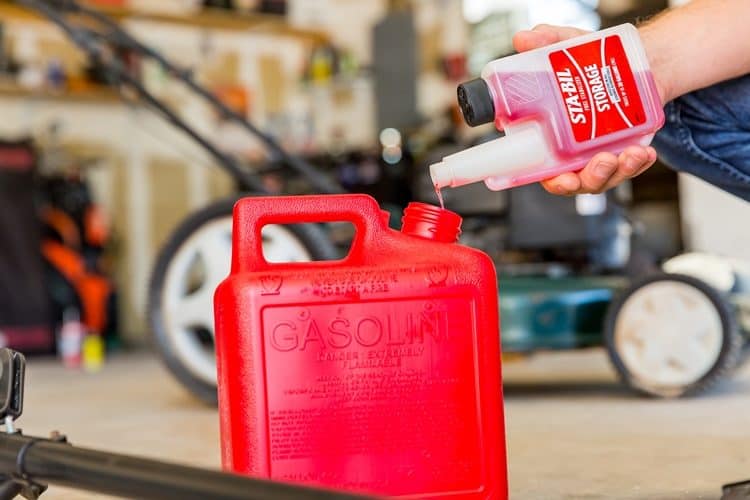
Photo by: https://www.goldeagle.com/
These are solutions when you want to store your gasoline for more than six months. Fuel stabilizers are petroleum-based ad you can buy them in local stores.
The fuel stabilizers will slow down the volatile compound evaporation and oxidation process. The shelf life of gasoline infused with a fuel stabilizer will depend on the product you choose. Some can last from one to three years.
If you want your stabilizer to have a greater effect, you should mix it with new gasoline. Mixing gasoline will not slow down the degradation process or restore the gasoline.
How to spot the difference between new and contaminated gasoline
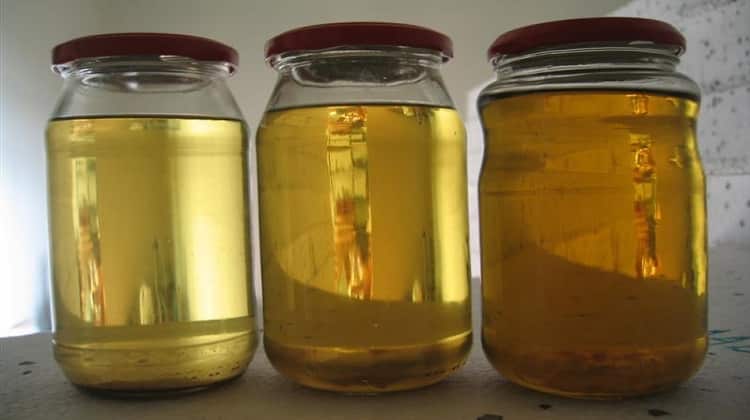
Photo by: automotivespaces.com
You can carry a simple test to determine if you can still use your old gas. All you need is to pour both types of gasoline into two separate containers. Once you have done this, look out for the following observations.
- The old gasoline is dark in color and has a sour smell than the new gas. What this means is that your gas has lost its efficacy, but it is not contaminated.
- Do you see separate layers of ethanol and gas? In ethanol-blend gasoline, the gas will be above the ethanol, and it will be a shade darker. Also, check for the gas discoloration. Look for a rust-like color or sludge sediments. If present, the moisture and solid by-products from oxidation have contaminated it.
Can I use contaminated gasoline?
You might feel the loss of disposing fuel that you have not put in use. But it is for the best. You can compare gasoline to wine. Once you open the bottle, it starts to degrade as it oxidizes.
Contaminated fuel is risky, and if you use it on your car or lawnmower, it may promote corrosion in the long run.
Some of the hydrocarbons will evaporate. The ones that do not will oxidize with the available oxygen to form solid gums. The gum will build in the pipeline of your engine with continued use. The process is slow but harmful. You can compare it to atherosclerosis, the disease where cholesterol plaques build progressively in the arteries.
Why gasoline gets contaminated
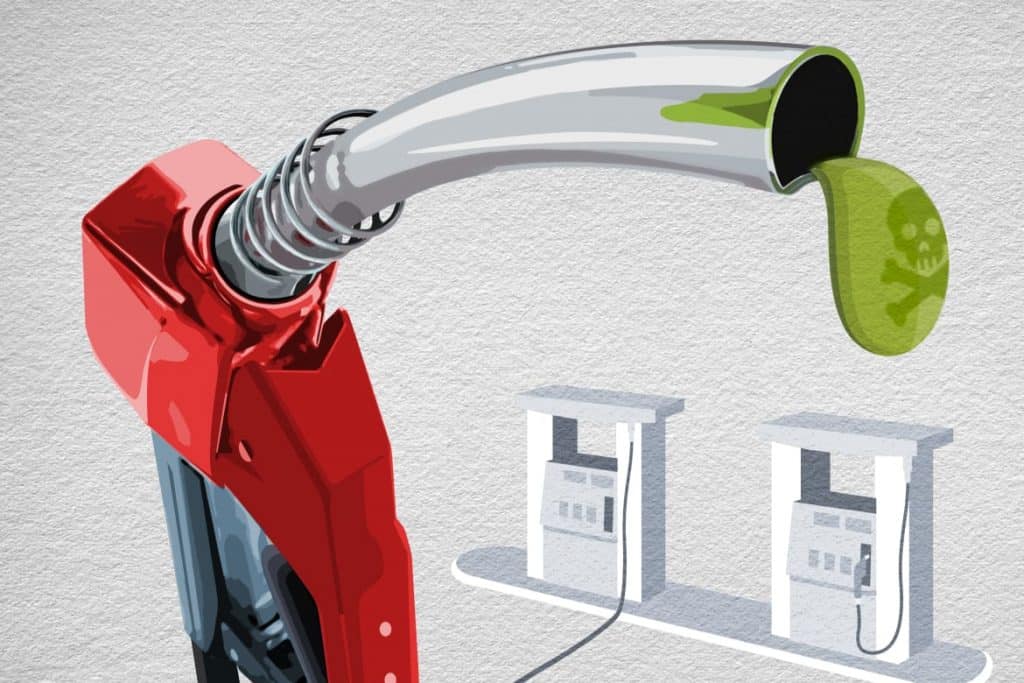
Photo by: https://www.cars.com/
You may wonder why crude oil lasts for many years without going bad, yet gasoline cannot survive as long. By the time gasoline reaches you, it has undergone lots of processes, and it is no longer crude oil in its pure state.
Gasoline is a mixture of hydrogen and carbon atoms that get bonded to form hydrocarbons. During the process of refining petroleum, impurities like sulfur evaporate. Sulfur is hazardous to the environment and causes acid rain. The rain damages crop by altering the PH of the soil.
To improve the performance of gasoline, manufacturers add other substances. It will give it a stable octane number. A higher number is better as it makes the gasoline less likely to ignite from pressure.
How to dispose of contaminated gasoline
Once your gas gets old, it may lose its combustibility and even fail to fire up your engine. You will have no use for it and must get rid of it. There is danger in careless disposal as the gasoline. Though old, it will not have lost its flammability.
Steps to dispose of your gasoline:
-
Check for contamination
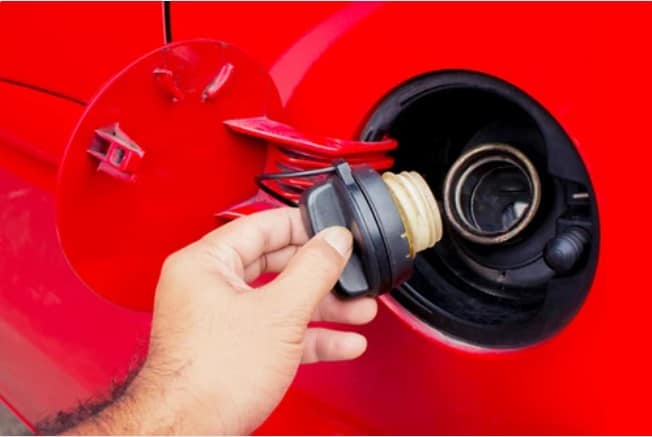
Photo by: Check for contamination
Confirm if the gasoline is showing characteristics of contaminated gas. Compare with a new fuel on a separate glass cylinder and check for color difference and smell. While old gas will not damage your engine, it will not run efficiently, and you can avoid this.
-
Mix old gasoline with a new one
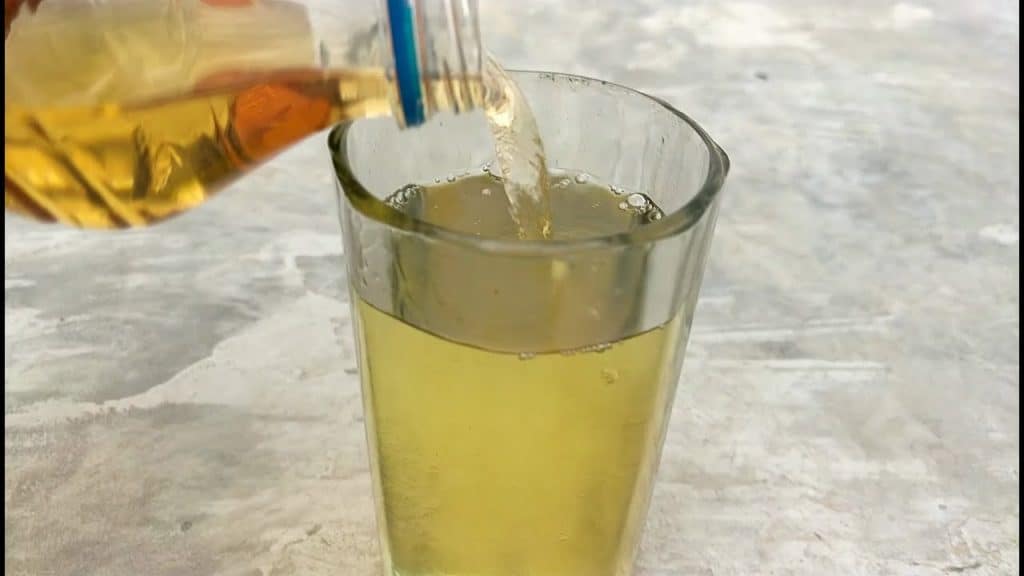
Photo by:
MAHISH DINO – https://www.youtube.com/watch?v=XCzZZeuPLTI
Whereas old gas may have lost its potency to fire up your engine, mixing it with new gas may give life. A safe way to use your old gas is by mixing it with new fuel.
There is no standard ratio for mixing old gas with new gas. But you can make observations and determine the ratio yourself. You can base your decision on the shade of the old gasoline. A safe ratio is 1:1, which will give your engine the power without risking the chances of developing solid gum.
To dilute large quantities, you should ask an expert from your automotive shop. Ask if they can provide additives to boost the performance and safety of old gas. An expert may recommend using injector cleaners or octane boosters. It depends on the engine you are using.
-
Find a disposal center near you.
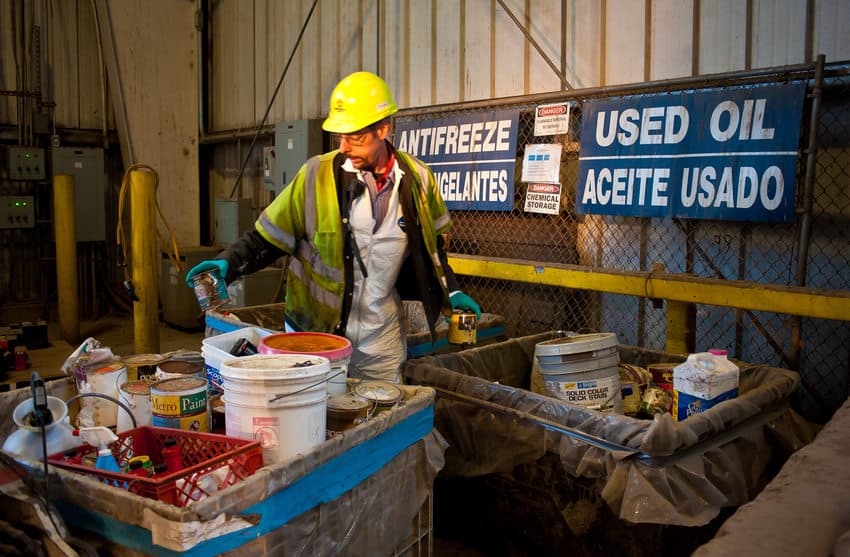
Photo by: https://www.oregonmetro.gov/
It is not okay to dispose of your gasoline in rivers or o the ground. Though contaminated, it is still flammable and can ignite easily. It will also pollute your water supply and cause health complications.
There are many places you can take your gasoline. It includes the county/city waste management agencies. Consult them and inquire about the right ways to dispose of your gasoline.
-
Dealing with spills
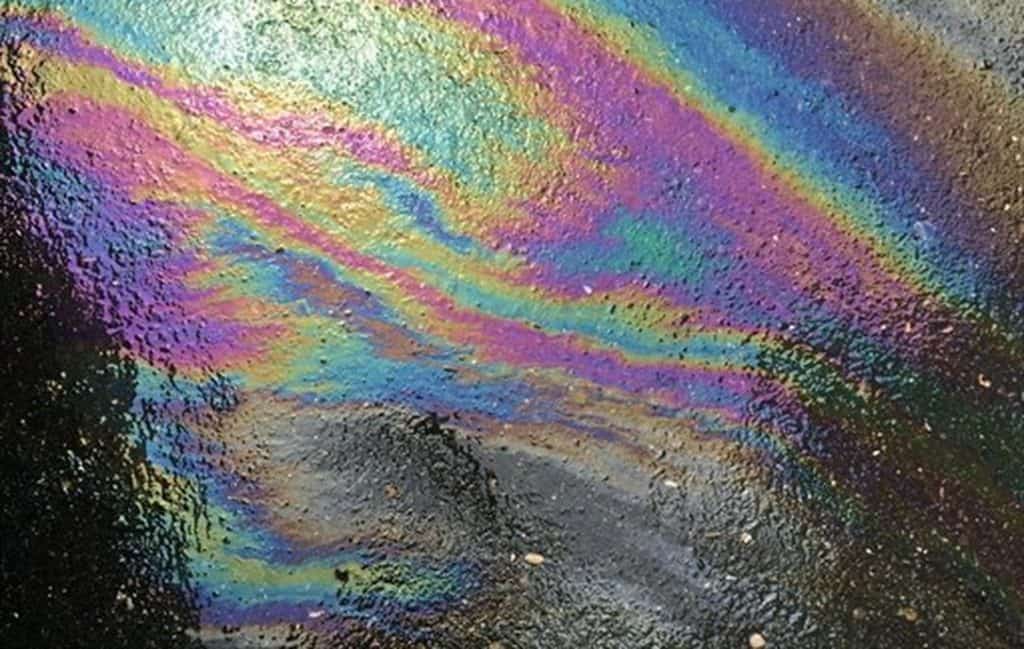
Photo by: https://www.thespec.com/
When transferring contaminated gasoline to a certified disposal container, you must be careful. The fire code states that the fuel should not be more than five gallons on each container. If you spill gasoline on yourself or the floor, you should clean up immediately.
Cover the area with baking soda then apply liquid soap to clean it off the floor or from your clothes.
-
Transporting gasoline to the disposal center
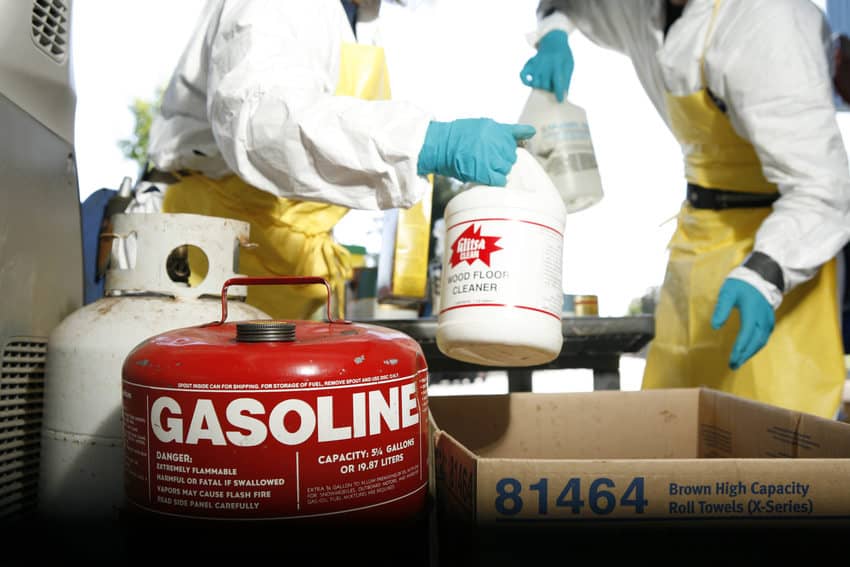
Photo by: https://www.oregonmetro.gov/
It takes a spark to ignite gasoline. As you transport it, drive slowly and do not smoke in your car. When you reach the disposal center, empty the contaminated gas slowly to avoid spills.
You must avoid inhaling larger quantities of gasoline. You should consider covering your face with a protective mask.
There are different blends of gasoline for different environments. In hot weather, gasoline comprises of heavy hydrocarbons. The aim is to avoid excessive evaporation due to the heat. A lighter mix of hydrocarbons is suitable for cold weather. It will make your car engine ignite faster.
You should know the kind of gasoline you are getting before you store it. A heavy mix of hydrocarbons will get contaminated much faster.





